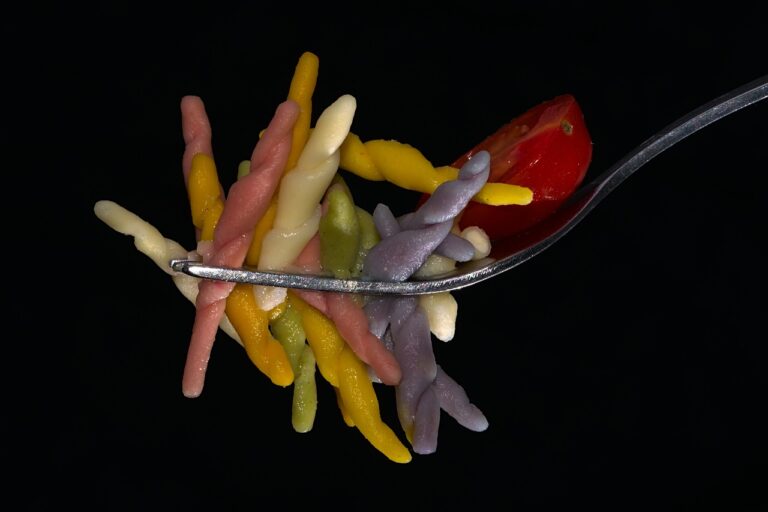The Role of Genetics in Taste Perception: Why We Crave What We Crave.
Our perception of taste is a complex process that involves multiple sensory receptors on our tongue and in our mouth. These receptors interact with different molecules in the foods we eat, sending signals to our brain that ultimately allow us to distinguish between sweet, salty, sour, bitter, and umami tastes. Interestingly, our sense of taste is not just limited to our taste buds but also affected by our sense of smell and even our sense of touch.
Furthermore, taste perception can vary greatly from person to person due to genetic differences. For example, some individuals may be more sensitive to bitter flavors due to variations in their taste receptors, while others may have a heightened preference for sweet foods based on genetic factors. These genetic variations can influence our food preferences and play a significant role in shaping our overall eating habits.
Genetic Variations in Taste Receptors
Understanding the genetic variations in taste receptors sheds light on the intricate mechanisms that govern our individual food preferences. Taste perception plays a crucial role in guiding us towards the foods that provide essential nutrients and energy for our bodies. Genetic differences in taste receptors can influence how we perceive the basic tastes of sweet, sour, bitter, salty, and umami, which in turn shapes our dietary choices.
Variations in taste receptor genes can result in heightened sensitivity or reduced sensitivity to certain tastes, leading to diverse preferences for specific foods. For example, individuals who are genetically predisposed to be more sensitive to bitter tastes may find certain vegetables unpalatable compared to those with less sensitivity. These genetic differences in taste perception highlight the complexity of our food preferences and the role genetics plays in shaping our culinary experiences.
Impact of Genetics on Food Preferences
When it comes to food preferences, genetics play a significant role in shaping our taste preferences. Studies have shown that individuals with certain genetic variations in taste receptors may perceive flavors differently. For example, some people may be more sensitive to bitter tastes due to their genetic makeup, leading them to prefer different types of food compared to others.
Genetic variations can also influence how individuals perceive sweetness, saltiness, and even umami flavors. This diversity in taste perception explains why some individuals are more inclined towards certain types of food compared to others. Additionally, genetic differences in taste receptors can impact how certain foods taste to individuals, affecting their overall food preferences and dietary choices.
How does genetics influence our taste perception?
Genetics can influence our taste perception by affecting the sensitivity of our taste receptors to certain flavors, ultimately shaping our food preferences.
Can genetic variations in taste receptors impact our food preferences?
Yes, genetic variations in taste receptors can impact our food preferences by making us more or less sensitive to certain flavors, leading us to prefer or avoid certain types of food.
Is it possible for our genetics to change our food preferences over time?
While our genetics play a significant role in shaping our food preferences, they can also be influenced by environmental factors and personal experiences, which may cause our preferences to change over time.
How can understanding the impact of genetics on food preferences help us make healthier food choices?
Understanding the impact of genetics on food preferences can help us make healthier food choices by allowing us to be more aware of our innate preferences and making conscious efforts to incorporate a balanced diet that aligns with our genetic predispositions.







